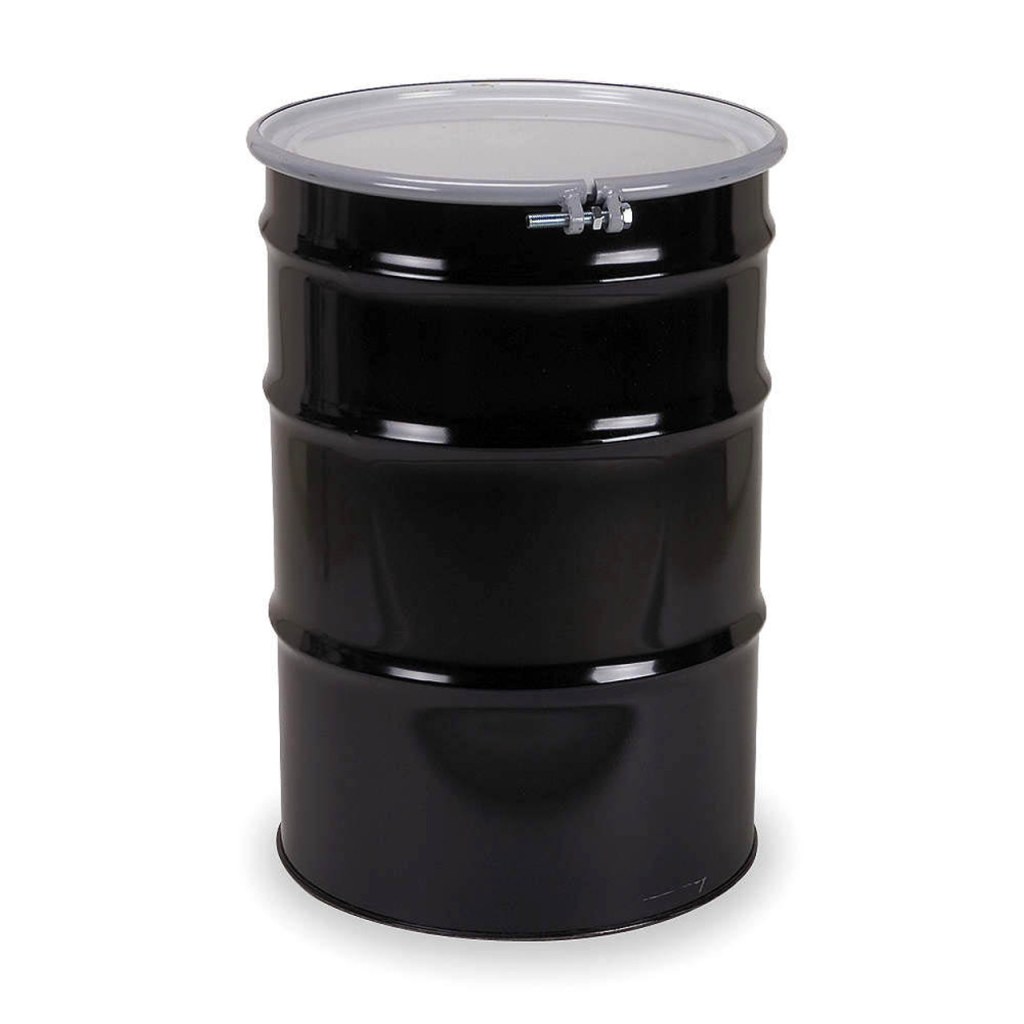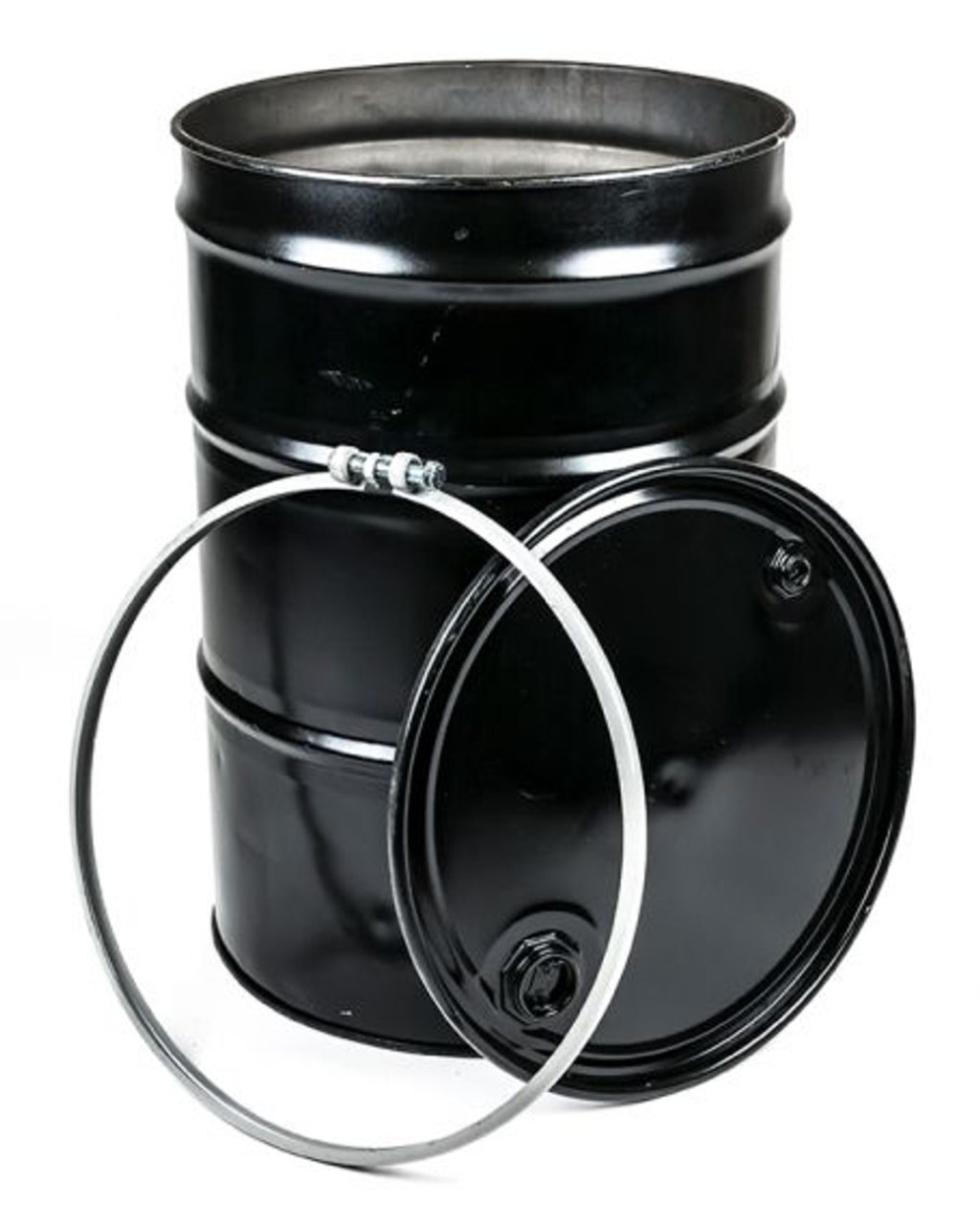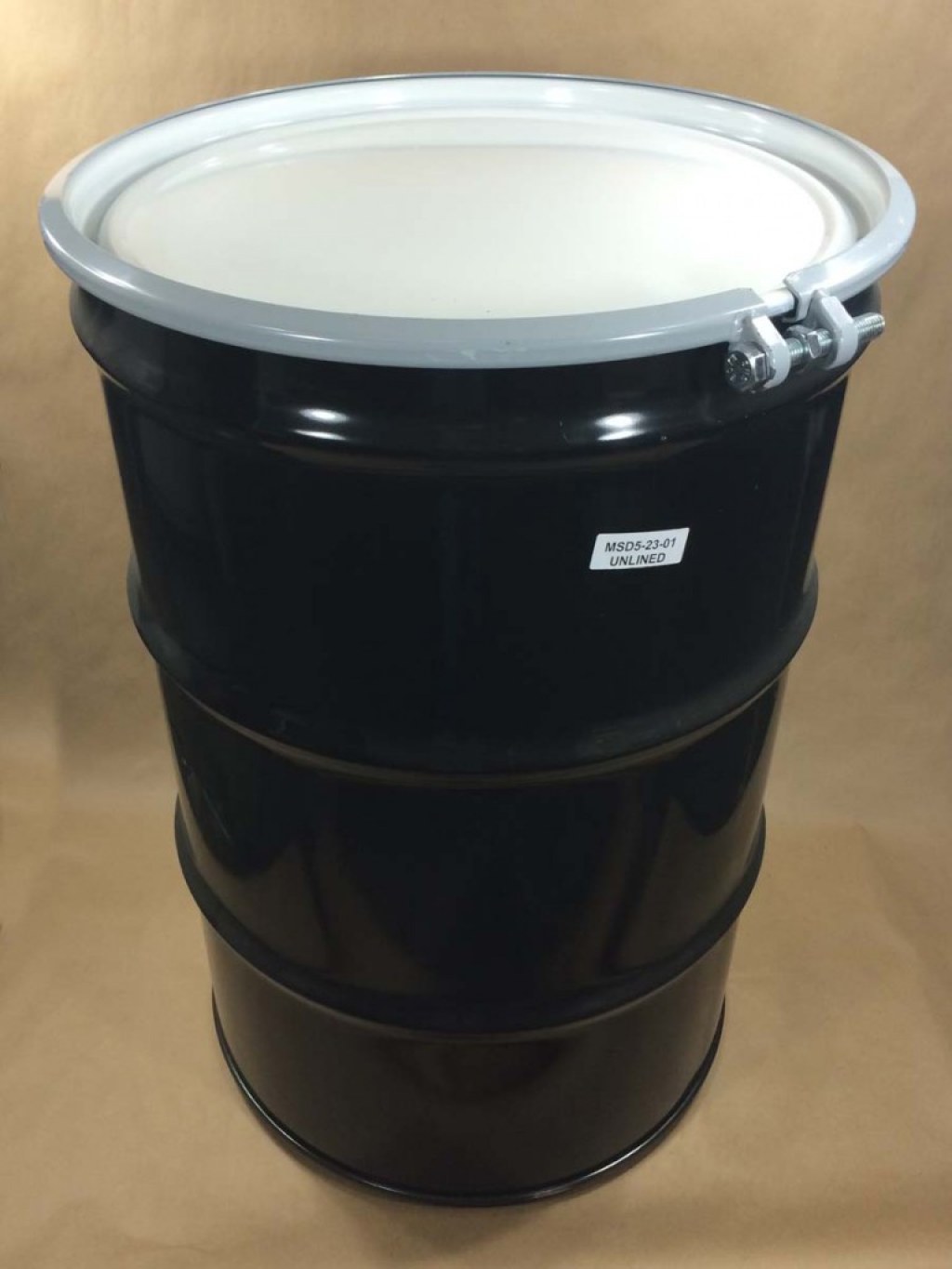Open Head vs Closed Head Drum: A Comprehensive Comparison
Introduction
Welcome, Music Enthusiast, to our in-depth analysis of open head vs closed head drum. As a drummer, it is crucial to understand the differences between these two drum types to enhance your performance and optimize your drumming experience. In this article, we will explore the characteristics, advantages, and disadvantages of both open head and closed head drums, helping you make an informed decision. So, let’s dive in!
What is an Open Head Drum?
An open head drum, also known as a removable head drum, is a type of drum where the drumhead can be easily removed. This allows for quick and convenient tuning, as well as easy replacement of drumheads when necessary. Open head drums are commonly used in various music genres, such as rock, jazz, and fusion.
Tuning Flexibility and Sound

Image Source: bigcommerce.com
🎵 Open head drums offer a wide range of tuning options, allowing drummers to achieve different tones and sounds. The removable drumhead enables precise tuning adjustments, giving you the flexibility to experiment with various pitches and timbres.
Enhanced Resonance and Projection
🎵 Due to their open design, these drums produce a louder and more resonant sound. The absence of a closed shell allows the sound waves to escape freely, resulting in increased volume and projection. This makes open head drums ideal for live performances or situations where a powerful sound is desired.
Suitable for Drummers Seeking Versatility

Image Source: bigcommerce.com
🎵 Open head drums are favored by drummers who prefer versatility in their playing. The ability to change drumheads effortlessly enables drummers to adapt their sound to different musical styles and genres, making open head drums a versatile choice for diverse playing situations.
What is a Closed Head Drum?
A closed head drum, also known as a sealed-head drum, features a drumhead that is permanently attached to the drum shell. Unlike open head drums, the drumhead cannot be removed or replaced easily. Closed head drums are commonly used in orchestral music, marching bands, and certain traditional music styles.
Consistent Sound and Durability

Image Source: yankeecontainers.com
🎵 Closed head drums are known for their consistent sound quality and durability. The fixed drumhead ensures that the drum produces a consistent tone with every stroke, making it suitable for precise and controlled playing. Additionally, the permanent attachment of the drumhead enhances the drum’s overall durability, making it less prone to damage.
Focused Sound and Articulation
🎵 The closed design of these drums results in a more focused sound and enhanced articulation. The trapped sound waves within the drum create a distinct and precise tone, making closed head drums ideal for music genres that require clarity and precision, such as classical music and orchestral arrangements.
Preferred by Drummers Seeking Stability
🎵 Drummers who prioritize stability and consistency in their playing often opt for closed head drums. The fixed drumhead eliminates the need for frequent tuning adjustments, providing a stable and reliable sound. Closed head drums are favored in situations where consistent sound and reliability are crucial, such as marching band performances and studio recordings.
Advantages and Disadvantages of Open Head vs Closed Head Drum
Open Head Drum: Pros and Cons
Advantages:
Easy tuning and replacement of drumheads. 🎵
Wide range of tonal possibilities. 🎵
Enhanced resonance and projection. 🎵
Versatility for different musical styles. 🎵
Disadvantages:
Potential for drumhead damage and wear. 🎵
Requires regular maintenance and replacement of drumheads. 🎵
May not provide the same focused sound as closed head drums. 🎵
Closed Head Drum: Pros and Cons
Advantages:
Consistent sound quality. 🎵
Durable and less prone to damage. 🎵
Provides focused sound and enhanced articulation. 🎵
Suitable for precise and controlled playing. 🎵
Disadvantages:
Difficult to change drumheads. 🎵
May lack tonal versatility. 🎵
Less resonance and projection compared to open head drums. 🎵
Frequently Asked Questions (FAQs)
1. Can I change the drumhead on a closed head drum?
Yes, it is possible to change the drumhead on a closed head drum, but it requires professional assistance and specialized tools due to the permanent attachment of the drumhead.
2. Are open head drums suitable for beginners?
Open head drums can be suitable for beginners as they offer greater tuning flexibility and versatility. However, beginners should also consider closed head drums for their stability and consistent sound.
3. Which drum type is better for live performances?
Open head drums are generally preferred for live performances due to their enhanced resonance, projection, and the ability to achieve a louder sound. However, the choice ultimately depends on the specific musical requirements and personal preferences of the drummer.
4. Are closed head drums more expensive than open head drums?
The cost of drums can vary depending on various factors, including the drum brand, materials used, and additional features. However, the price difference between open head and closed head drums is generally not significant.
5. Can I use both open head and closed head drums in my drumming setup?
Absolutely! Many drummers incorporate both open head and closed head drums in their drumming setups to maximize tonal possibilities and adapt to different musical situations. It is common to see drummers using open head toms and closed head bass drums, for example.
Conclusion
In conclusion, the choice between open head vs closed head drums depends on your musical preferences, playing style, and specific requirements. Open head drums offer greater tuning flexibility, tonal possibilities, and versatility, making them suitable for various music genres. On the other hand, closed head drums provide consistent sound quality, durability, and focused articulation, making them ideal for precise and controlled playing. Consider your musical goals, the type of sound you want to achieve, and the specific demands of your playing situations before making a decision. Remember, the perfect drum choice is the one that enhances your musical expression and brings joy to your drumming journey.
Final Remarks
Music Enthusiast, we hope this comprehensive comparison of open head vs closed head drums has provided valuable insights and guidance for your drumming endeavors. Remember, the choice between these drum types ultimately depends on your personal preferences and musical goals. Experiment, explore, and let your creativity flourish as you embark on your drumming journey. Happy drumming!